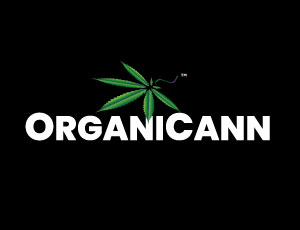Q. What Laboratory Tests Are Required for Dried Cannabis in California?
Q. What Laboratory Tests Are Required for Dried Cannabis in California?
Cannabis is a serious business when it comes to rules and regulations. As it transitions from taboo “street drug” to medicinally and recreationally legal, one of the primary concerns of both ethical business owners and the State of California has been safety.
While cannabis business owners and the state don’t agree on much, the one thing they can agree on is laboratory testing. Cannabis was approved for medical use long before it became recreational. It’s useful in treating a variety of severe condition from cancer to HIV, making clean, safe cannabis more important than ever to patients with compromised immune systems.
But regardless of whether you’re someone who buys organic produce and avoids unnecessary additives or someone who enjoys a hearty dose of Taco Bell and Mountain Dew, you probably don’t want to inhale mold or carcinogenic chemicals either. Lab testing also provides helpful information about cannabinoid content, such as THC percentage.
A recent finding from the California Bureau of Cannabis Control found that 20% of cannabis tested in labs fails to meet the requirements for consumption. So, what does the State of California require when it comes to testing cannabis flowers? Read on below and rest assured that any cannabis purchased through a legally operating dispensary meets these standards.
Cannabinoids:

This provides the THC and CBD information for each strain, among other lesser-known cannabinoids. If you want to know the percentages for any strain that’s available for sale, you can ask to see lab results or request that a staff member look up the information.
Pesticides:

Pesticides aren’t meant to be consumed by humans and certainly not inhaled. You always want your cannabis to test clean for pesticides.
Mold, mildew, and bacteria:

Cannabis can contain all types of nasty little microbes like E. Coli and Salmonella, just to name a few. This test is required to weed out tainted cannabis which can cause infections in immunocompromised patients.
Foreign materials & pest testing:
All types of contaminants can find their way into a batch of cannabis if the conditions are right. Take spider mites for example.
Those are the current four main categories of testing for dried cannabis in California as of July 1, 2018. The third phase of the cannabis testing rollout comes in December when several additional categories are added to the requirements. Some dispensaries may already be meeting or exceeding these regulations; if you’re not sure, ask!
Coming December 31, 2018, dried cannabis will also be tested for mycotoxins (mold spores), heavy metals and terpenoids. Terpenoid testing will be especially helpful to medical patients, allowing them to utilize the healing power of terpenes in their treatment plans, not just THC/CBD.


